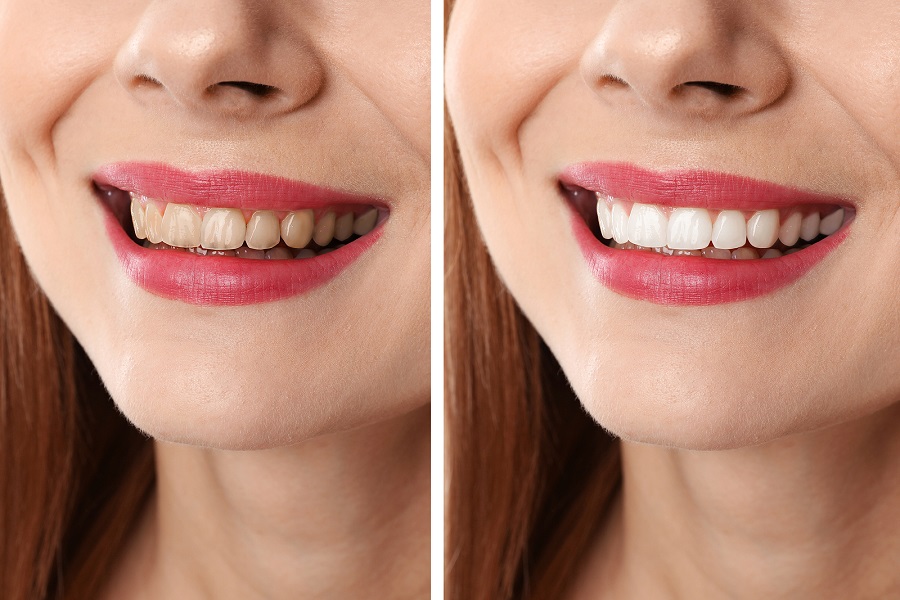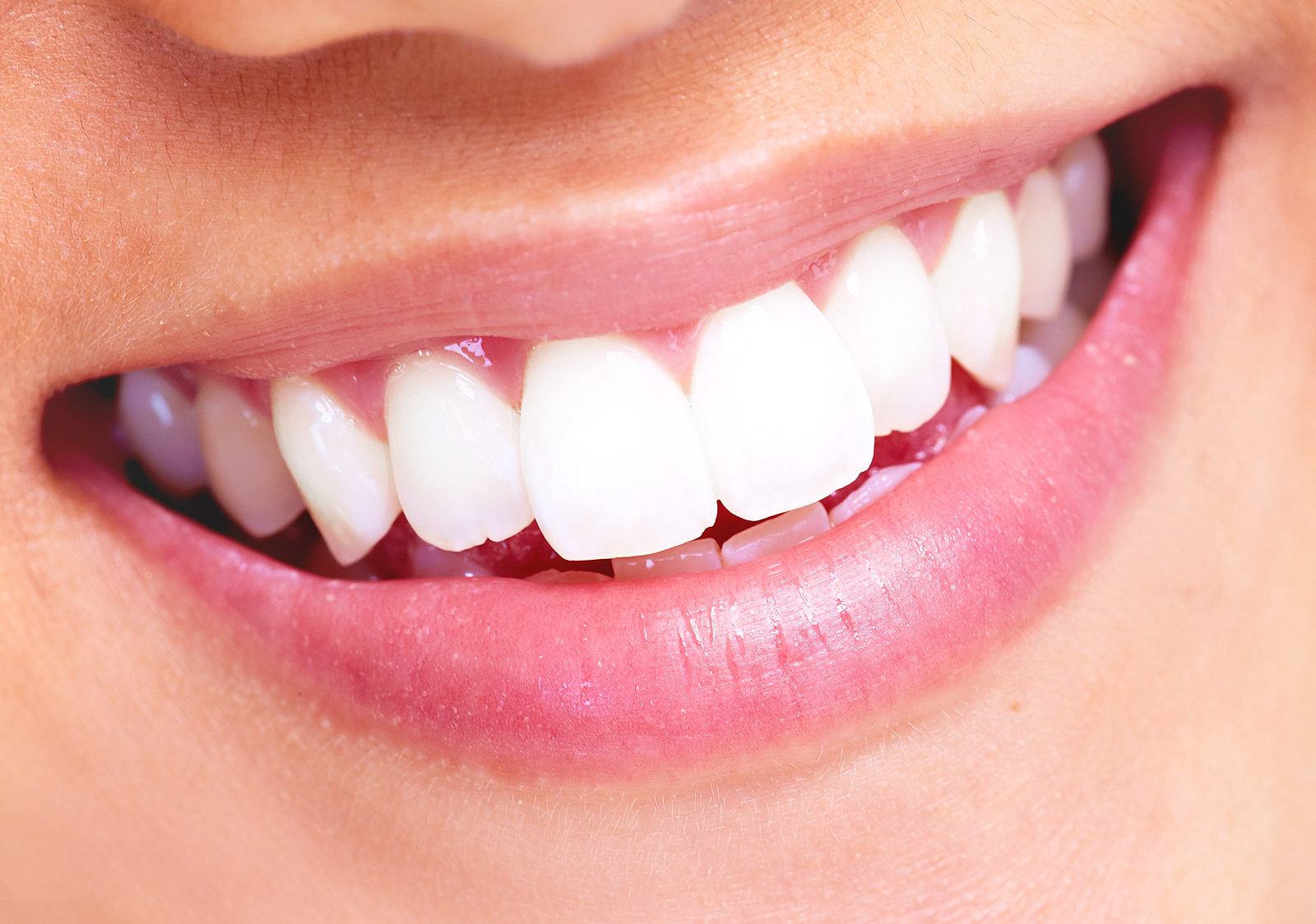HOW BEER AFFECTS YOUR TEETH
Your eating and drinking habits can have a big impact on your oral and dental health. A combination of a healthy diet, regular dentist visits, and proper dental hygiene will help your teeth remain strong and beautiful for a long time. You don’t need to give up on food and drinks you like to maintain your oral health. You just need to understand their impact and alter your consumption habits accordingly. In this article, we discuss the impact of beer on your teeth. This beverage is very popular and doesn’t cause much harm when consumed in moderation. However, heavy drinking will compromise oral health.
IS BEER BAD FOR YOUR TEETH?
Beer won’t harm your teeth if you consume it in moderation and maintain good oral hygiene. In fact, dentists have observed that beer offers a number of health benefits and most of them are listed below:
- Beer Eliminates Biofilm – Beer contains a group of organic chemical compounds called polyphenols. This compound helps in eliminating dental plaque—or the “biofilm”—that covers your teeth if you don’t brush well or often. Bacteria uses this biofilm as an anchor so anything that helps remove plaque is a good addition to your diet.
- Calcium and Silicon – Beers that are made from barley and hop have high levels of silicon and calcium. These nutrients help your teeth, bones, nails, and hair remain strong. Regular and moderate consumption of good quality beer will ensure your teeth are strong and healthy.
- Microorganisms – Many beers have antibacterial properties and inhibit the growth of microorganisms in your mouth. Beer also contains tannins that are similar to fluoride in function. This acid helps make sure microorganisms don’t adhere to your teeth and cause damage.
Bear in mind that not all beers are made equal. Good quality craft beers contain more hop and barley and are manufactured using sound techniques. These beers won’t harm your teeth if you consume them in moderation. However, poor quality beers can cause extensive damage, even with moderate consumption.
DAMAGE CAUSED BY EXCESSIVE BEER CONSUMPTION
Experts recommend that you limit your weekly consumption to 8 or 15 drinks for women and men respectively. If you consume more than that, you’ll cause extensive damage to your teeth. Here are some consequences of beer consumption on your dental health:
- Discoloration – Beer can cause extensive discoloration and yellow or brown stains on your teeth. Dark beers like porters and stouts as well as fruit ciders made from blackberries and cherries can cause extensive staining. The stains can worsen over time, especially if you don’t practice proper oral hygiene and consume beer responsibly. If you want to maintain your teeth’s appearance, you can use a straw to consume your beer. You can also alternate between sips of beer and water in order to wash away the residue. This will help prevent excessive staining and discoloration.
- Cavities and Tooth Decay – Beers can cause tooth decay, especially commercially mass produced beer with excess malt and sugar. These compounds can promote the growth of bacteria and weaken the teeth enough to cause cavities. If you have existing cavities, you need to avoid beer until your teeth are in a better condition.
- Weakening of the Enamel– While acids in the beer can help your teeth by eliminating plaque and microorganisms, they can also weaken the enamel. If you consume beer excessively on a regular basis, the acids in the beer will compromise the structural integrity of the enamel and make it more susceptible to damage. You can neutralize the acids in the beer by consuming food items like leafy greens, bananas, ginger, etc. They will help your teeth as well as your stomach recover from a beer binge.
HOW TO AVOID DAMAGE
Teeth are resilient and don’t get damaged easily. However, there’s a limit to how much damage they can sustain. These precautions will help you maintain your dental health. Limit your consumption of beer as much as possible. Consume good quality craft beers instead of mass-produced commercial beers. Don’t open beer cans and bottles with your teeth. Brush your teeth twice a day to remove acids and sugars. Drink plenty of water along with your beer, this will also help you avoid hangovers. As you can see, beer consumption has its pros and cons. If you are in the habit of consuming beer regularly, we recommend you visit the dentist more frequently to maintain your oral health.






















0 comments